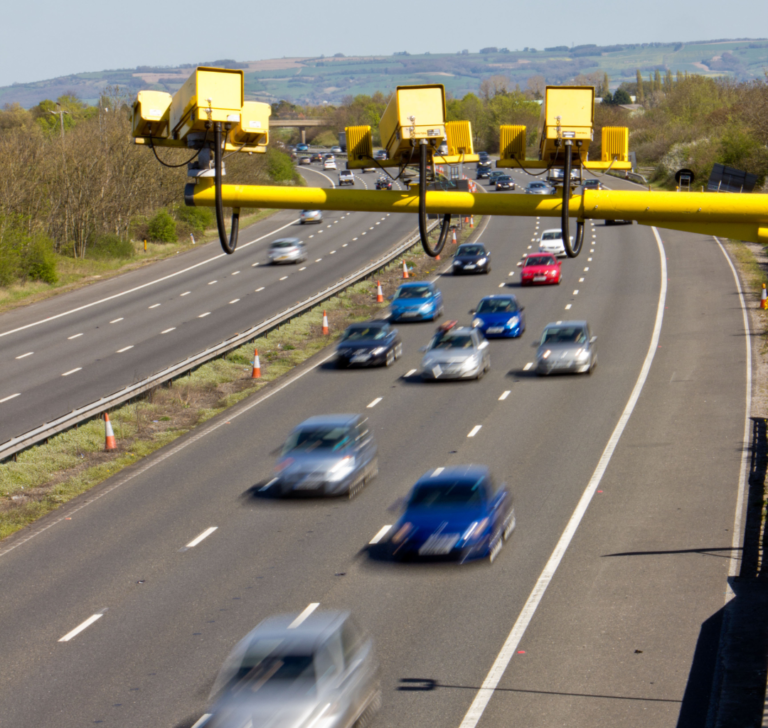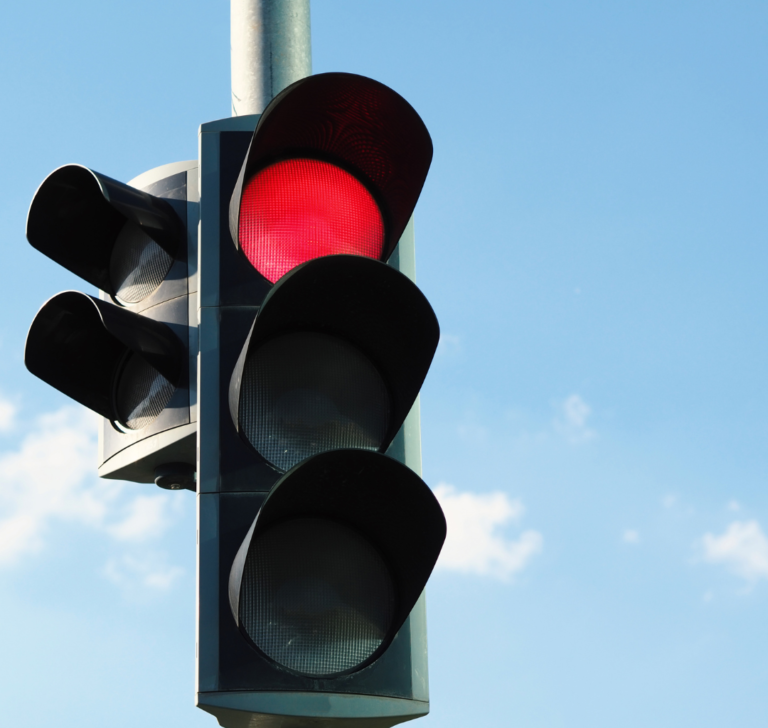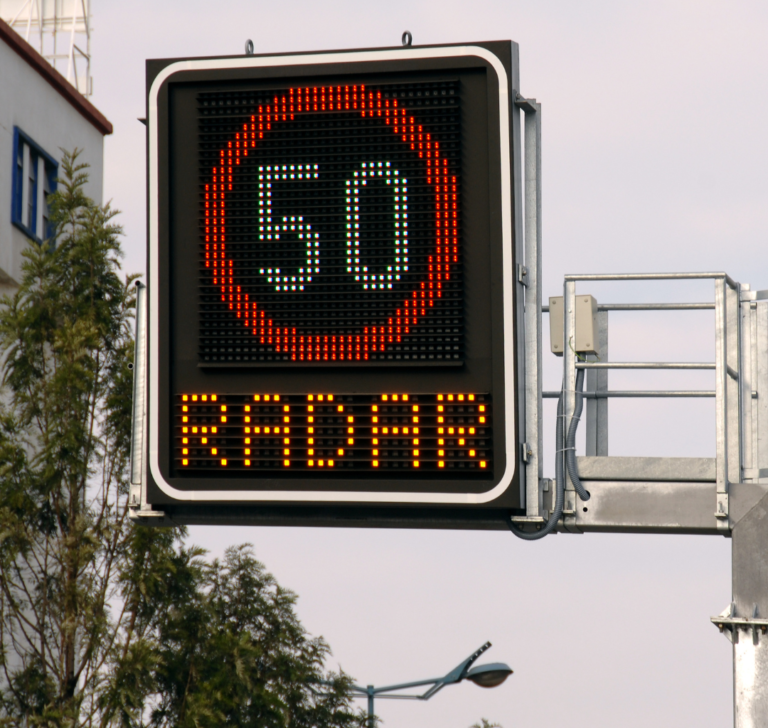States continue to review regulations regarding speed cameras and red light cameras
State legislators nationwide continue to review regulations regarding speed cameras and red light cameras. According to the Insurance Institute of Highway Safety, over 220 communities use speed cameras to enforce traffic rules, while approximately 340 municipalities have installed red light cameras. The Owner-Operator Independent Drivers Association (OOIDA) has criticized the focus on revenue-generating devices, arguing that it interferes with safe and smooth traffic flow.
Summary of state legislations
California
Laws allowing the use of speed control cameras have been enacted, excluding highways and freeways. Cities such as Glendale, Los Angeles, Long Beach, Oakland, San Jose, and San Francisco may install cameras, although the National Motorists Association opposes, arguing that the government’s mass data collection doesn’t justify the need for enforcing speed limits.
Iowa
A bill in Iowa seeks to limit the use of speed camera fines. Bill HF2681 would require local governments to obtain permission from the Iowa Department of Transportation to use speed camera devices. Additionally, the use of mobile speed camera units that relocate in communities with fewer than 20,001 inhabitants is prohibited. Cities and towns already using these cameras must justify their use to the State Department of Transportation.
Louisiana
In Louisiana, eight localities including Shreveport and New Orleans use speed cameras, according to the Insurance Institute for Highway Safety. Additionally, Baton Rouge and New Orleans have red light cameras, with minimum fines of $60. Several bills, such as House Bill 652 and Senate Bill 379, seek to change the use of speed cameras in the state, including repealing laws authorizing their use in certain areas.

Maryland
Maryland Governor Wes Moore has enacted a new law to combat speeding in work and school zones. The law limits the use of fixed speed cameras to these areas and requires a police officer’s presence. Violations face $40 fines, which will double to $80 and then to $250 from January 2025. Additionally, local authorities can use speed cameras in work zones on roads that are not highways or controlled-access highways.
Michigan
Legislation is being considered to introduce speed cameras in Michigan. Two Senate bills would allow for automated speed enforcement in work zones. Fines would be applied for exceeding the speed limit in areas where workers are present. Additionally, a work zone safety fund would be established to enhance police presence and fund safety devices.
New Jersey
A Senate bill aims to limit the impact of red light and speed cameras. Senator Declan O’Scanlon proposes bill S3067, which would prohibit sharing New Jersey driver’s license information with camera enforcement entities in other states. O’Scanlon criticizes automated enforcement as “government-sanctioned theft” without benefit to safety.

Ohio
A bill is proposed in Ohio to regulate companies operating speed cameras. HB416 would require cameras to be registered in the state, with companies paying an annual licensing fee of $100,000. The Ohio Department of Public Safety would be responsible for monthly inspections of each camera, charging companies $5,000 per device for this service. Fine revenues would continue to be distributed equally, with an 8% state tax added to company revenues.
Vermont
A bill in Vermont would allow the use of speed cameras in work zones, such as interstates 89 and 91. Violations would be recorded for speeds exceeding 10 mph above the posted limit. Fines and warnings would be applicable based on recurrence and camera location.
Washington
Washington’s new law, formerly known as HB2384, expands the use of speed cameras in city streets and work zones. The city of Seattle will be able to use cameras to detect violations of restricted lanes permanently. Additionally, the law authorizes trained or authorized civilian employees to review videos for automatic radar violations, rather than limiting this authority to police officers. The law will take effect on June 6th.


The story of the first car race in Paris: a historic hit in 1894
Paris stands not only as a cultural and artistic epicenter but also as a pioneer in car racing In the history of automotive racing, Paris

Top states for driving in the United States in 2024
A WalletHub study compared all 50 states to determine the best driving conditions Road safety and quality are central concerns for drivers. And while the

Briefs: marijuana reclassification, vehicle fees, and climate grants
The trucking industry goes through new legislation, taxes and subsidies Questions about the proposed reclassification of marijuana The Owner-Operator Independent Drivers Association (OOIDA) supports the

Impact of traffic pollution: study reveals increase in blood pressure
A study from the University of Washington in Seattle reveals that the main cause of significant increases in blood pressure might be traffic-related gasses A

The benefits and careers of a Commercial Driver’s License
Having a CDL opens multiple doors within the trucking and transportation industry Having a Commercial Driver’s License (CDL) opens multiple doors within the trucking industry,

Sharing the road with a truck: steps to ensure your safety
Caution around blind spots and anticipating truck maneuvers are essential to ensuring everyone’s safety Truck drivers face significant challenges on the road due to their
